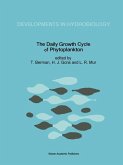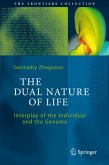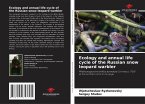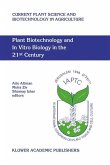This is one of those biographies that provide a window onto the broader understanding of science in its social and cultural context. Using Sergei Nikolaevich Vinogradskii's career and scientific research trajectory as a point of entry, this book illustrates the manner in which microbiologists, chemists, botanists, and plant physiologists inscribed the concept of a "cycle of life" into their investigations. Their research transformed a longstanding notion into the fundamental approaches and concepts that underlay the new ecological disciplines that emerged in the 1920s. The book presents a reconstruction of significant episodes of Vinogradskii's laboratory practices and the role of theory in their development. It paints the broader picture of the history of ecology, microbiology and soil science and how these are uniquely united: through the concept of the cycle of life.
From the book reviews:
"The book is an important contribution to our picture of shifting disciplinary boundaries, as well as to discussions of the not-so-black-and-white distinction between field science and lab science. ... it complicates our understanding of the streams of thought and methodology that blended into ecology and into Vernadsky's biogeochemistry by 1920 or so. Thus, it is an important contribution to environmental history-particularly restoring the cycle of life concept to the narrative-as well as to the history of biology." (James Strick, Studies in History and Philosophy of Biological and Biomedical Sciences, Vol. 48, 2014)
"The book is an important contribution to our picture of shifting disciplinary boundaries, as well as to discussions of the not-so-black-and-white distinction between field science and lab science. ... it complicates our understanding of the streams of thought and methodology that blended into ecology and into Vernadsky's biogeochemistry by 1920 or so. Thus, it is an important contribution to environmental history-particularly restoring the cycle of life concept to the narrative-as well as to the history of biology." (James Strick, Studies in History and Philosophy of Biological and Biomedical Sciences, Vol. 48, 2014)








